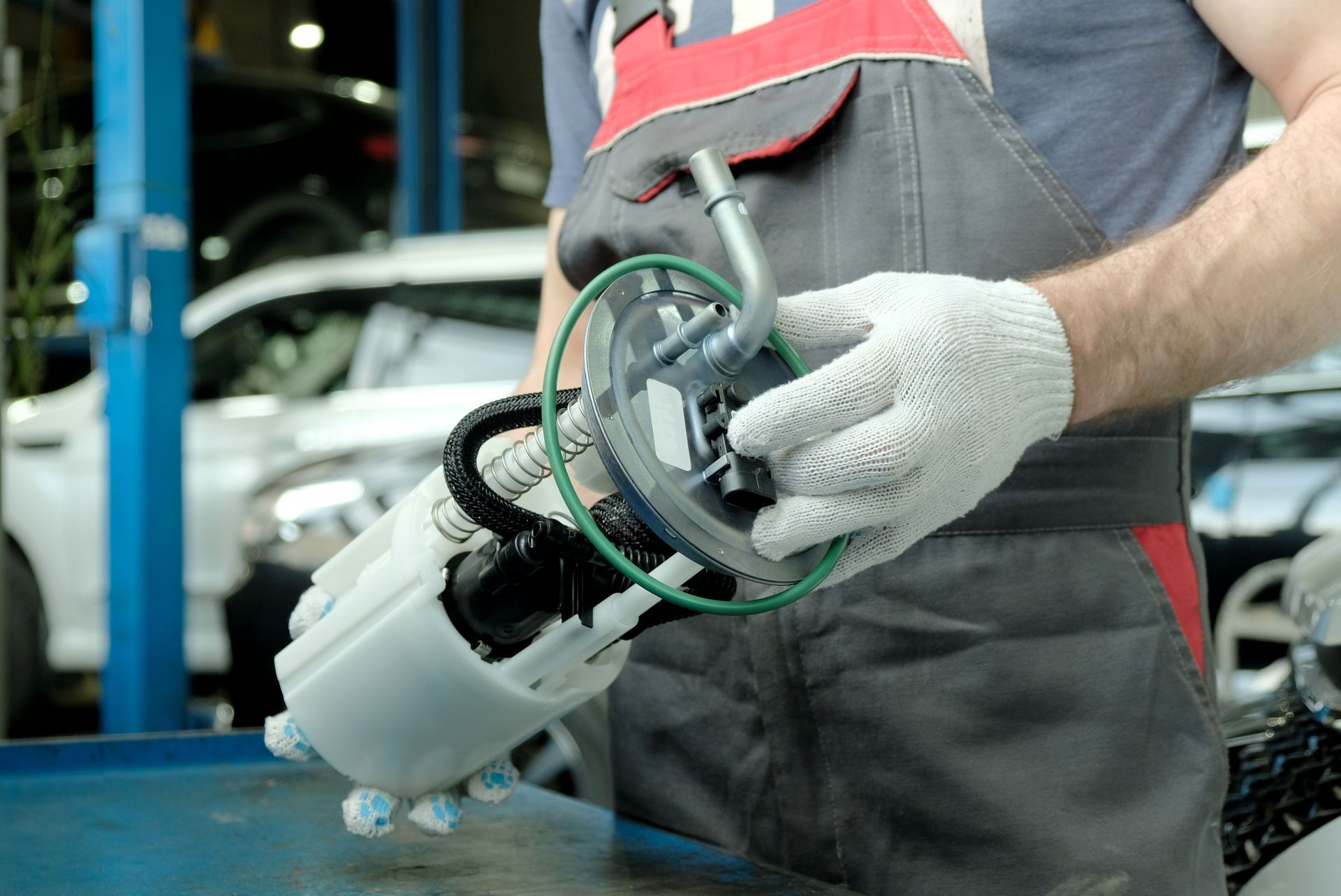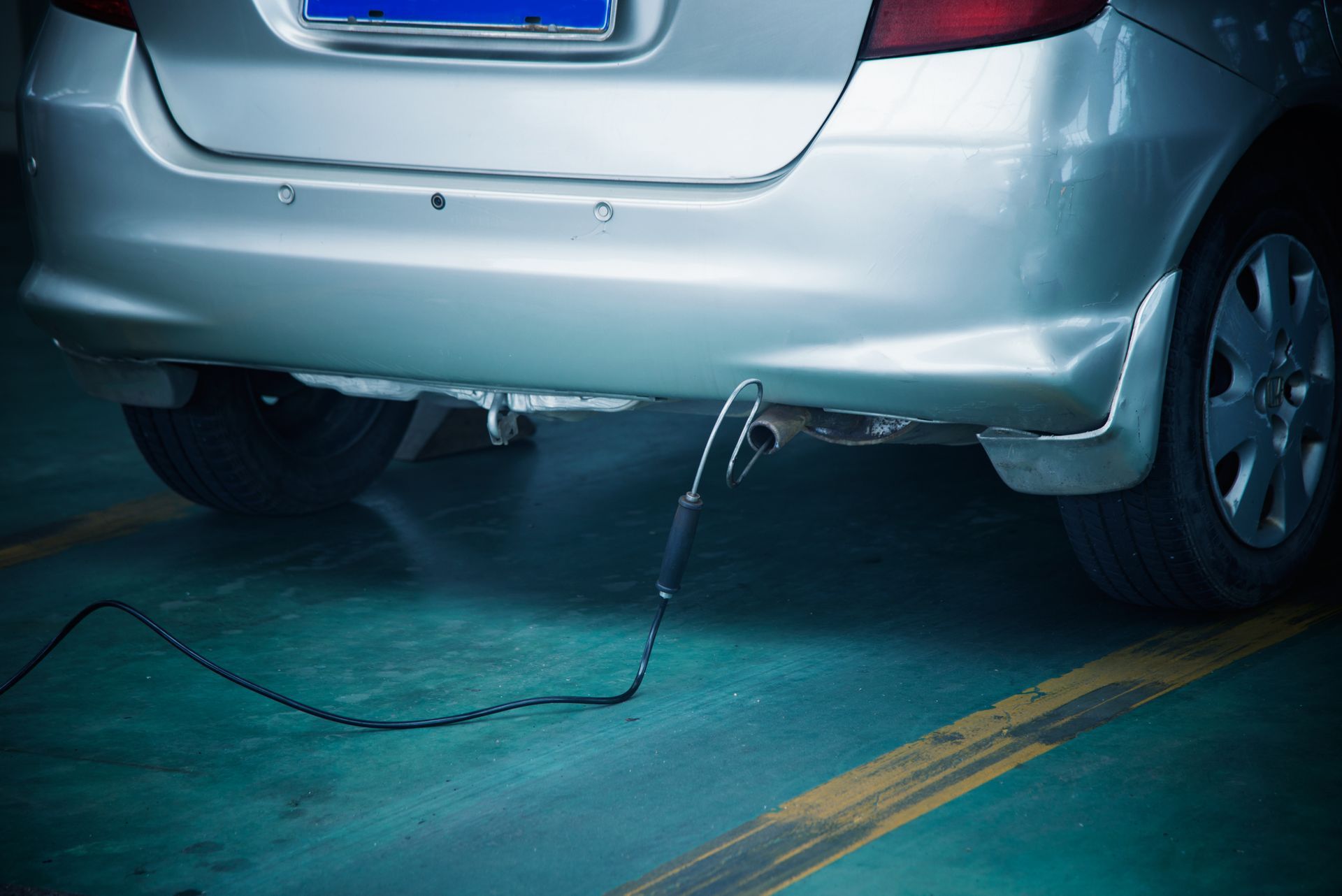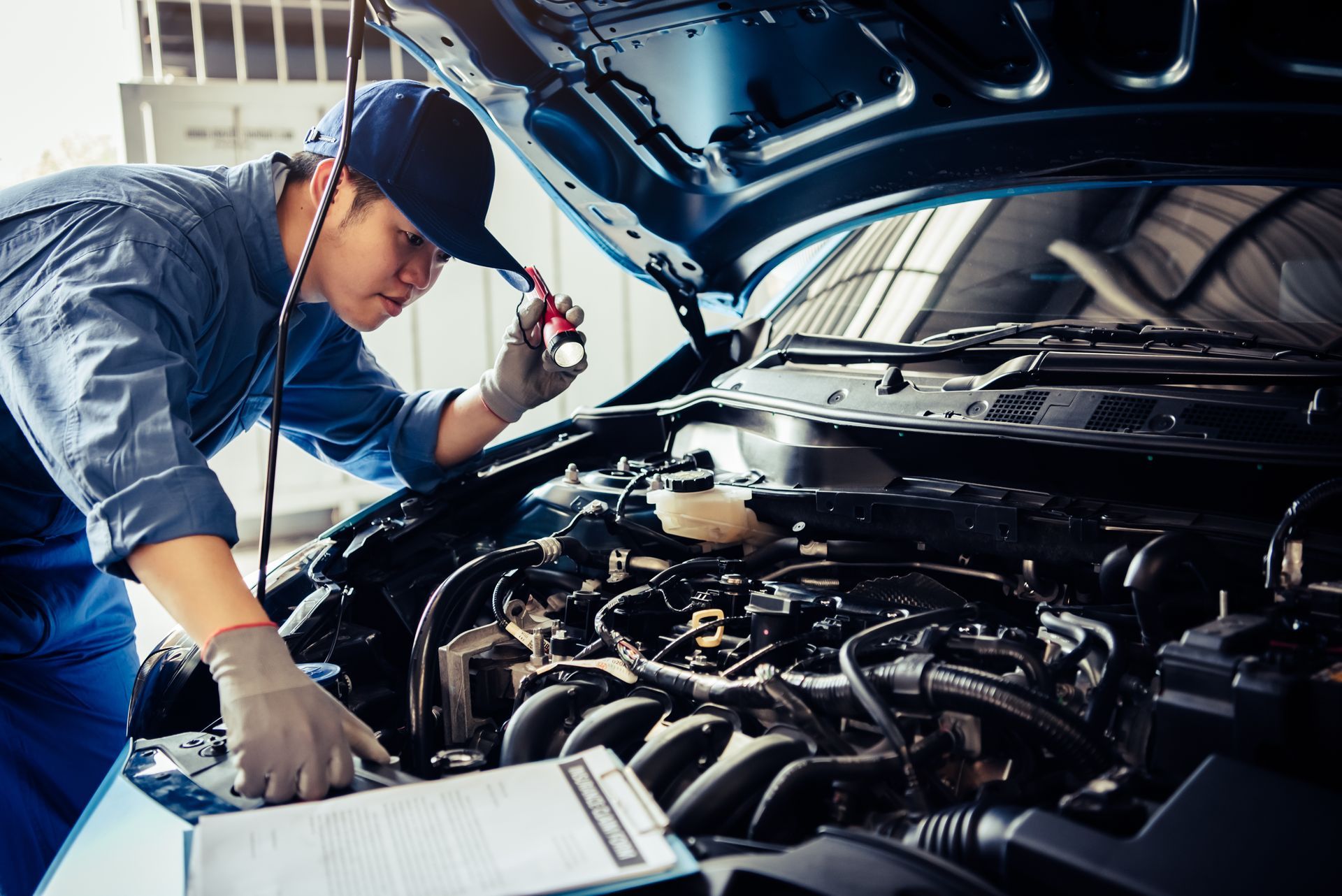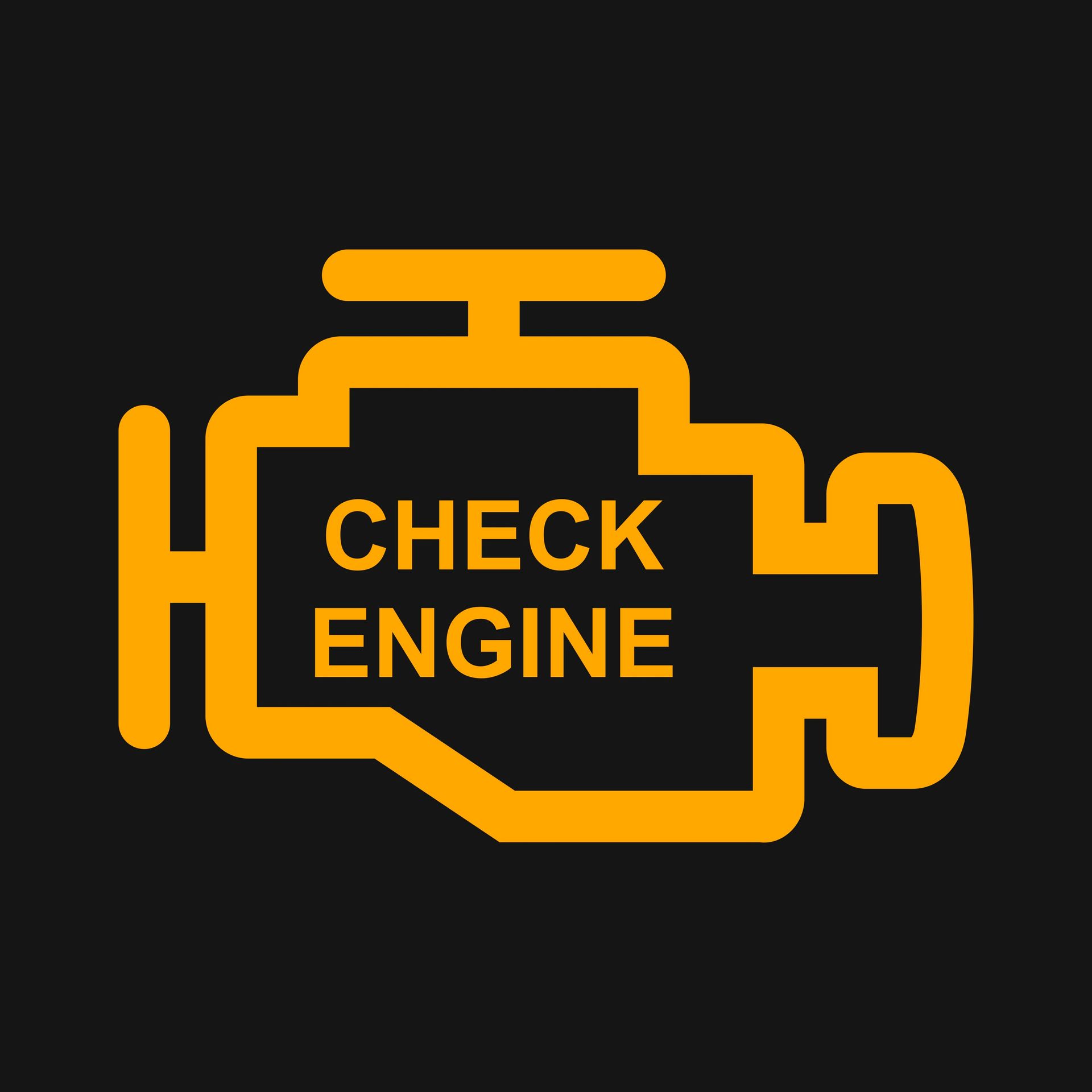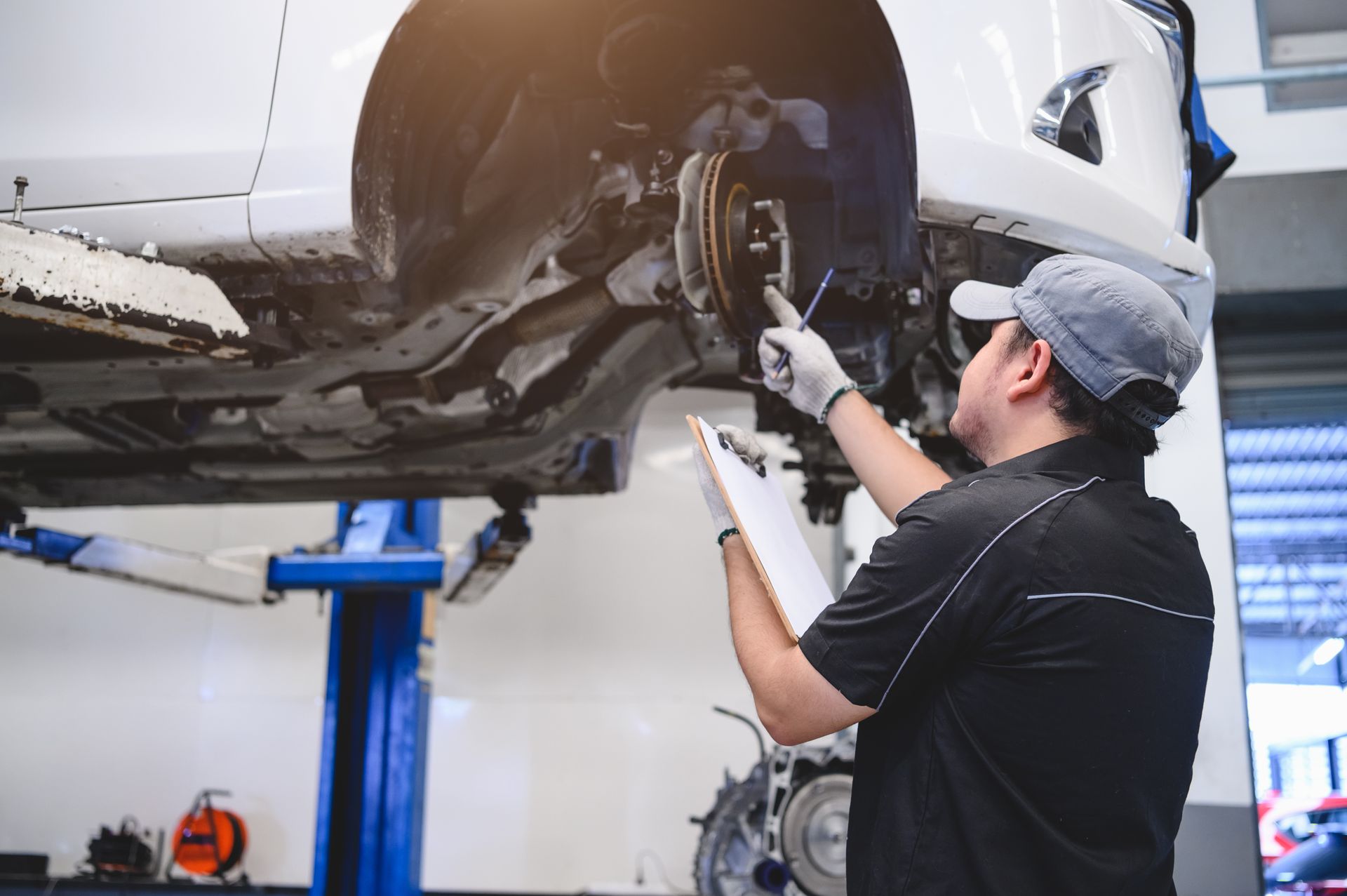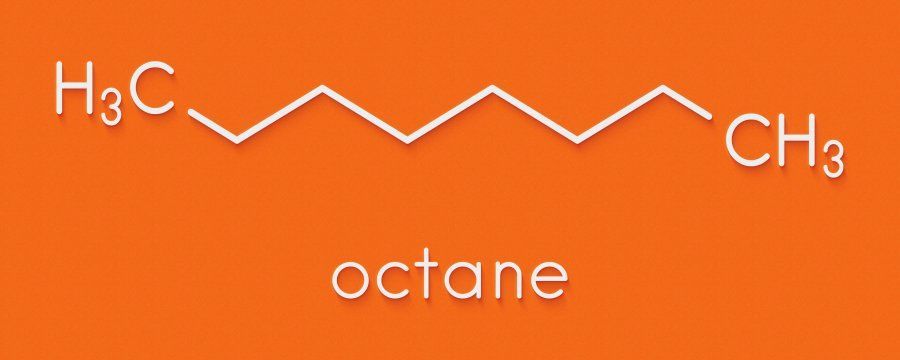
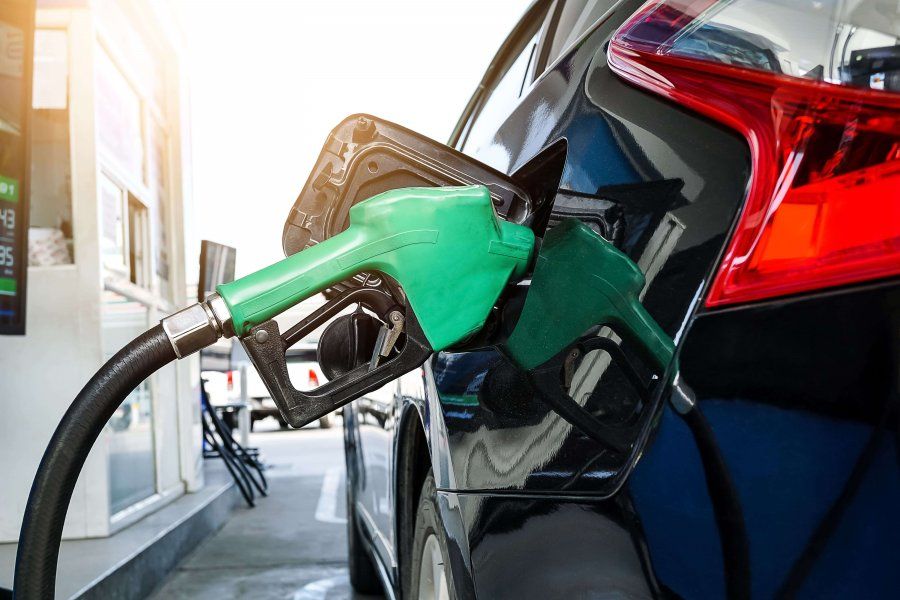
You may wonder what the octane ratings at the gas pump mean. One misconception is higher octane means more power. Is this true? Or is using an octane rated higher than your vehicle harmful?
Read on to get answers to your questions about octane ratings and how they affect your vehicle.
What is Octane?
The octane rating of a fuel is a measure of its ability to resist "knocking" or "pinging" during combustion, caused by the air/fuel mixture detonating prematurely in the engine. In the U.S., unleaded gasoline typically has octane ratings of 87.
Higher-octane fuel is more resistant to knocking and is therefore used in high-performance gasoline engines that require higher compression ratios. The higher the octane rating of a fuel, the less severe and less frequent these events will be.
Is Using An Octane Rated Higher Than Your Vehicle Harmful?
No, but it may have some benefits in certain situations. A fuel with a higher octane rating is more stable than fuels with lower ratings.
Vehicle manufacturers recommend the best octane rating for each particular model. Most vehicles work on regular gasoline (87). Using a higher-octane fuel can improve performance and gas mileage while reducing carbon emissions during heavy-duty operations like towing or carrying a heavy load.
Under normal driving conditions, a higher-rated fuel gives little to no improvement in vehicle performance. Most drivers would not find the cost of midgrade or premium fuel worth the slight benefit.
Controlled Combustion
Automobile engines burn fuel in controlled, internal combustion. These small, contained explosions give your vehicle the energy to move forward. Heightened temperature and pressure inside the cylinder can cause spontaneous (uncontrolled) combustion.
Uncontrolled combustion causes an uneven dispersion of energy which can damage the pistons.
The higher the octane rating, the higher the pressure needs to be for the fuel to combust. The design of your engine determines how much pressure builds in the cylinder and whether you need higher octane fuel.
Octane Ratings
Gas stations in the US sell three grades of gasoline. The grades are based on the octane ratings.
Regular gasoline: 87
Midgrade gasoline: 89-90
Premium gasoline: 91-94
The octane rating tells you the ratio of heptane to isooctane.
Using fuel with a lower octane rating than recommended by the vehicle manufacturer may cause spontaneous combustion or knock inside the engine.
87 Octane Fuel
Regular gasoline is 87% heptane and 13% isooctane. You may see some variations at the gas pump from 85-88.
Most vehicles run on regular gasoline with no benefit of using midgrade or premium. Regular gasoline is also the least expensive of the three types.
89 Octane Fuel
Some vehicles have engines that require higher-octane gasoline. The manufacturer will recommend using midgrade or plus gas. Your engine will function optimally and get better mileage with midgrade gasoline rather than regular. The extra you pay at the pump can also save you on expensive repairs to your engine.
91 Octane Fuel
Gasoline with an octane rating of 91 or more is premium gasoline. High-performance cars and many luxury vehicles need premium gasoline.
The higher the octane rating, the more difficult it is to ignite the gas within the cylinder. Some vehicles, such as turbocharged cars, have higher compression ratios than non-turbo engines. They need premium fuel so it doesn't pre-ignite.
To Wrap Up
Now you know that using an octane rated higher than your vehicle is not harmful. Maintaining your vehicle with the right gasoline extends the life of your car. For all your fuel questions and service needs, contact our team here at America's Service Station.
FAQs
Now that you know using an octane rated higher than your vehicle is not harmful, here are a few more answers to your octane questions.
Is a fuel with higher octane rating always the best choice for vehicle engines?
No. Unless your owner's manual suggests using premium fuel, there is no increased performance to using higher-rated gasoline. In most cases, you'll just pay more at the pump for no actual benefit.
Does octane level really matter?
Yes. Using the right octane-level gasoline for your vehicle ensures that your engine functions optimally and you don't cause damage. You can use higher-rated gas than your vehicle calls for, but you should never use a lower-rated fuel.
Why is the octane number important?
The octane number tells you the proportion of heptane to isooctane in gasoline. Some engines require higher-octane gasoline to function properly. You get the most out of your engine, you should use the proper gasoline. The owner's manual tells you which type of gas to use.
Why do some cars need higher octane?
High-performance and luxury vehicles typically need fuel with a higher octane rating. Their engine designs cause greater pressure in the cylinder. To prevent engine knock and possible damage, these vehicles require premium fuel.


